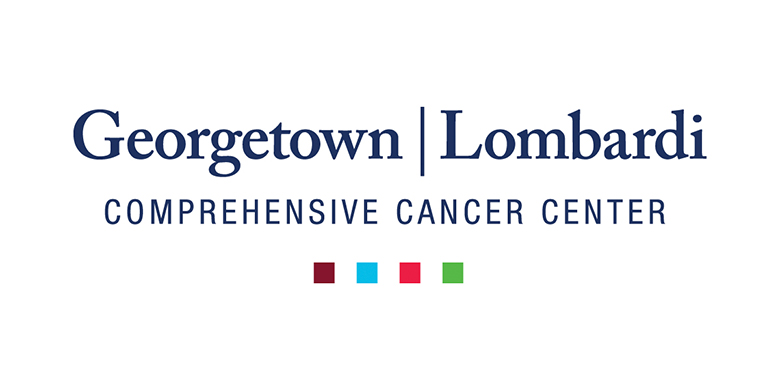Large Study Reveals Long-Term Outcomes for Prostate Cancer Patients Treated with High Dose, Short Term Radiation

Posted in News Release | Tagged cancer, cancer research, Georgetown Lombardi, prostate cancer, School of Medicine
MEDIA CONTACT:
Karen Teber
km463@georgetown.edu
WASHINGTON (February 8, 2019) — A large national study examining a radiation treatment for prostate cancer — popular because it delivers a high dose of therapy in a very short time frame — supports its routine use.
The study, conducted at cancer centers around the country including at Georgetown Lombardi Comprehensive Cancer Center, looks at long-term follow-up data for stereotactic body radiotherapy (SBRT) used to treat more than 2,100 men with prostate cancer that had a low or intermediate risk of recurring.
The results were published Feb. 8 in the journal JAMA Network Open.
At Georgetown, the therapy is delivered by a system called the CyberKnife, which delivers high doses of radiation precisely aimed to minimize the involvement of healthy surrounding tissue.
Radiation oncologist Sean P. Collins, MD, PhD, says curative treatment is a shared goal along with maintaining a person’s quality of life. Side effects, including impotence, can occur with all treatments for prostate cancer and can happen years after treatment.
“While it is necessary to observe these men for decades, our interim seven-year data show that survival and side effects are comparable to other forms of radiotherapy,” says Collins, an associate professor of radiation medicine at Georgetown and director of the CyberKnife Prostate Program at MedStar Georgetown University Hospital.
The National Comprehensive Cancer Network, which establishes cancer treatment guidelines, classified SBRT as an alternative to conventional therapy, but had noted a lack of long-term follow-up data. There is much more experience with conventionally fractionated radiation therapy, delivered five times a week for up to nine weeks, and brachytherapy, in which radioactive seeds are implanted in the prostate.
“Our findings give us great confidence that CyberKnife should become a standard option for some men who want to avoid the hassle and inconvenience of standard therapy,” Collins says.
Collins reports receiving grants from and being a paid consultant for Accuray Inc., the maker of CyberKnife.
About Georgetown Lombardi Comprehensive Cancer Center
Georgetown Lombardi Comprehensive Cancer Center is designated by the National Cancer Institute (NCI) as a comprehensive cancer center. A part of Georgetown University Medical Center, Georgetown Lombardi is the only comprehensive cancer center in the Washington, D.C., area. It serves as the research engine for MedStar Health, Georgetown University’s clinical partner. Georgetown Lombardi is also an NCI-recognized consortium with John Theurer Cancer Center/Hackensack Meridian Health in New Jersey. The consortium reflects an integrated cancer research enterprise with scientists and clinicians from both locations. Georgetown Lombardi seeks to improve the diagnosis, treatment and prevention of cancer through innovative basic, translational and clinical research, patient care, community education and outreach to service communities throughout the Washington region and northern New Jersey. Connect with Georgetown Lombardi on Facebook (Facebook.com/GeorgetownLombardi) and Twitter (@LombardiCancer). Georgetown Lombardi is supported in part by a National Cancer Institute Cancer Center Support Grant (#P30CA051008).
About Georgetown University Medical Center
Georgetown University Medical Center (GUMC) is an internationally recognized academic health and science center with a four-part mission of research, teaching, service and patient care (through MedStar Health). GUMC’s mission is carried out with a strong emphasis on public service and a dedication to the Catholic, Jesuit principle of cura personalis — or “care of the whole person.” The Medical Center includes the School of Medicine and the School of Nursing & Health Studies, both nationally ranked; Georgetown Lombardi Comprehensive Cancer Center, designated as a comprehensive cancer center by the National Cancer Institute; and the Biomedical Graduate Research Organization, which accounts for the majority of externally funded research at GUMC including a Clinical and Translational Science Award from the National Institutes of Health. Connect with GUMC on Facebook (Facebook.com/GUMCUpdate) and Twitter (@gumedcenter). Connect with Georgetown University School of Medicine on Facebook (Facebook.com/somgeorgetown), Twitter (@gumedicine) and Instagram (@GeorgetownMedicine).
